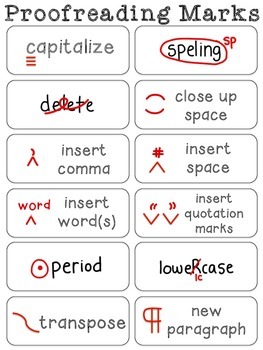The number one piece of advice I give authors when it comes to proofreading your own work is this — Don’t! The human brain is amazing. It if recognizes the beginning of a phrase or common expression, it completes the pattern for you. For example, did you notice the words “if” and “it” were transposed in the last sentence?
Did you know the human eyes vibrate at near supersonic speed? Hence, the images it sends to our brains are blurry. But our brains know our eyes do this, so it compensates for it, making the images we think we see look clear. That’s the same thing it does when you proofread your own writing.
If you’ve written a full-length manuscript, it all came from your mind. From all the time you spent thinking about it while driving, eating, and trying to sleep, to sitting in front of the computer to type it out. Your mind knows your story by heart from start to finish. So, when you proofread that very familiar story and come across a typo, misspelled word, wrong word, or omitted word, your brain corrects it in your mind’s eye. It’s truly a miracle, but for an author, it’s a nightmare.
I’ve only had three books published by large publishers who have professional copyeditors on staff. When I get my manuscripts back from these guys, it’s embarrassing to see more red text than black. One copyeditor included a full-page note explaining to me the difference in Area 51 and Hangar 51.
Most of my books, however, are Indie titles, which means the proofreading falls on me. I learned decades ago that I absolutely suck at proofreading my own work. And since I don’t normally have three grand laying around to pay a professional, I have accumulated a great group of folks to aid in this endeavor. My sister, several old English teachers, and quite a few fans who want to read my books before the general population help me get my manuscripts clean.
My biggest problem is repetitive words and repetitive words can really weaken a story. I don’t even notice repetitive words and I can have many repetitive words in the same paragraph. Repetitive words have become my sister’s pet peeve when proofing my work and she often asks me how I can’t see all the repetitive words. I’m like, “What repetitive words?” I could go on about repetitive words, but you get the point.
However, if you have no resources at all and are forced to proof your own work, here’s the best advice I can give. I read this years ago and it came from a famous author. Read your manuscript from back to front one sentence at a time. This breaks up the flow and confuses your brain. It becomes a story your memory doesn’t know, and you’ll be surprised how many things you catch. Your brain is truly a marvel of evolution, but it doesn’t mean you can’t trick it.
***
Neal Wooten is a contributor to the Huff Post, columnist for the Mountain Valley News, author, artist, and standup comic. His new true-crime memoir, With the Devil’s Help (Pegasus Crime/Simon and Schuster), is being made into a miniseries. He is also the creator of the cartoon, Pancho el Pit Bull, which is being made into an animated series in South America.
